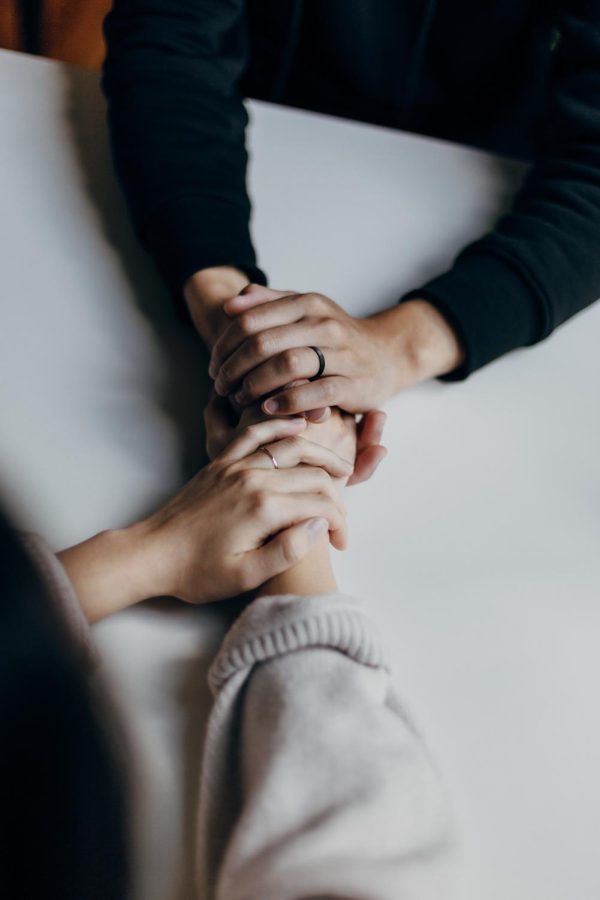The Concerning Mental Health Crisis in Teen Girls
Mental health issues have been running rampant in teens and young adults for a very long time. It is no secret that the pandemic has made significant contributions to that fact, and even exacerbated a lot of the pre-pandemic problems. But even since the pandemic, mental health issues are worsening across the board, and specifically in teen girls. It can be concluded from new research that teen girls are being affected in ways we’ve never seen before. I was interested in reviewing this issue and sharing my opinion on the topic being that I am a teen girl, and have many friends who experience mental illness in similar ways discussed in this study.
What COVID-19 has to do with Mental Health: A CDC survey found that 57% of high school girls experienced “persistent feelings of sadness or hopelessness in the past year,” which is 36% higher than in 2011. 29% of males reported to be having those feelings, which is nearly half the amount of girls. Only 28% of boys reported that they felt as if they were really missing somebody during the pandemic, while 70% of girls expressed that statement. I don’t think a lot of teen girls have really recovered from some empathy they showed toward others during COVID, and it is weighing on their mental health.
The true social media impact: Social media is the easiest to blame for mental health issues in teen girls, and with good reason. It is so accessible, and can be so detrimental. It is a completely outside world that we live in to escape reality, and a way for us to communicate only what we want others to see. Even if you are aware of the truth in that statement, social media can still be poison for a person’s mental health. It is natural and common for young people and girls to compare themselves to each other. Social media is just an easier path to this comparison and a vessel for depression and anxiety. The consumption is scary, along with the insane power it has to influence your mental health and feelings toward yourself.
“Never once have I felt better after I went on social media than I did before I opened my phone.” Rocky senior Dylann Monett said.
How they collide: The perfect storm between an emotional time period and the over access to social media during 2020 has created irreversible effects on mental health in teen girls. It is not getting better, and the lack of progress is concerning. It creates a rising question of whether or not teen girls are getting the help they need, or if this issue is being addressed in all of its severity.
How can we make this better? Supporting one another, rather than comparing and climbing a ladder to confidence, is the most important way to normalize mental illness caused by social media. This is possible by sharing the idea of acceptance and self-love THROUGH social media, because the fact of the matter is that it is not going away anytime soon. Teen girls are still going to use it, so they might as well be seeing something positive. Influencing can very much be a form of toxic positivity, and can lead people to believe that one product or habit will make the viewer’s life better– just like the influencer.
Reversing this feels impossible, but recognizing that it is happening is the first step. It is so easy to want to be somebody else, but getting off social media and realizing who you are and everything you have that nobody else in the social world does is important. We should be empowering other teen girls to recognize their feelings, and helping them make steps to improve them.
You have things that nobody else does. You are your own person, and that is way more exciting than conforming to a trend and being the same as everyone else. Mental health in teen girls is an epidemic, and if self-acceptance and love is not shared through the very same platforms that cause the issues, they will never get better.

Annika is a senior this year who is very interested in journalism and excited to write for The Highlighter! She is super involved within Rocky, as well...


